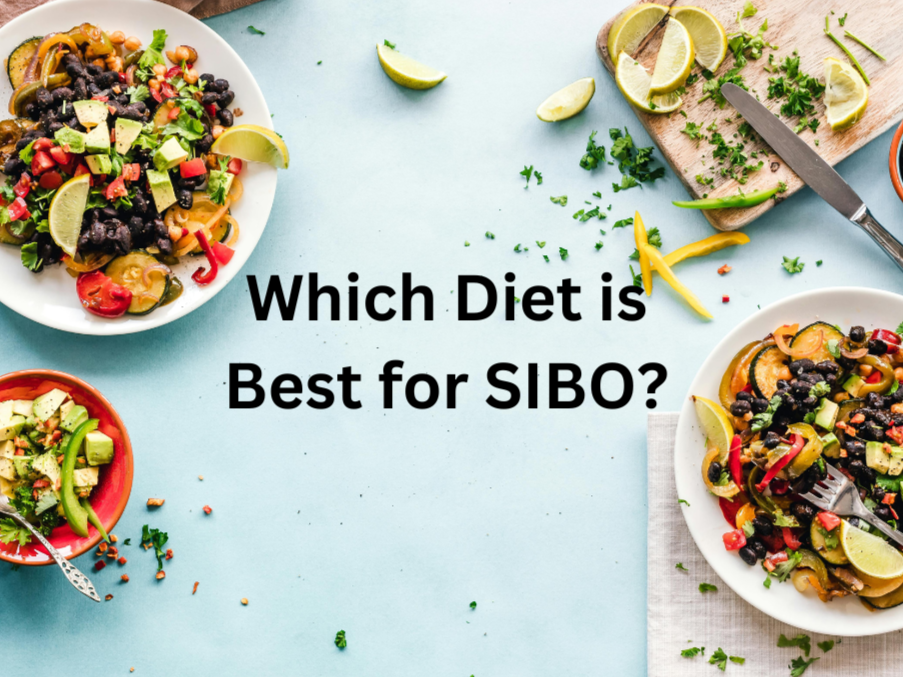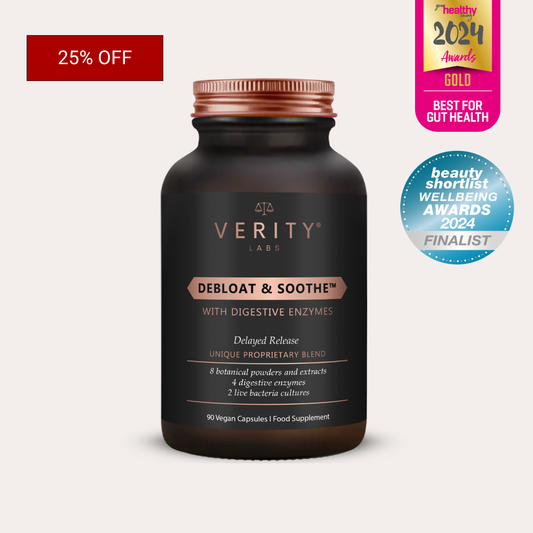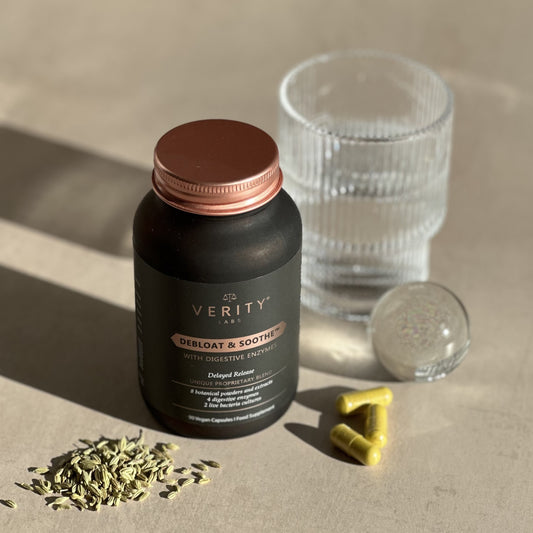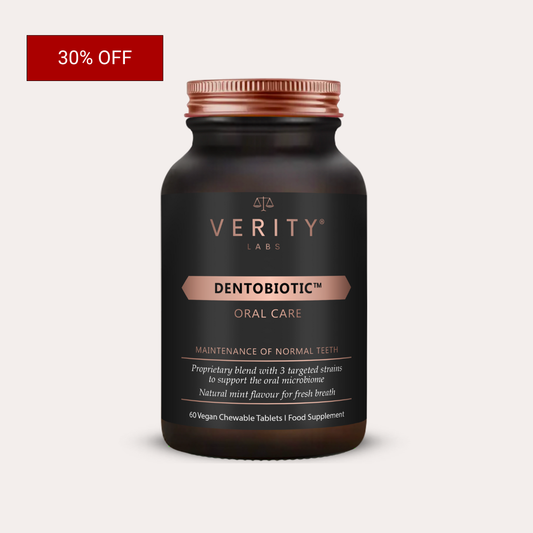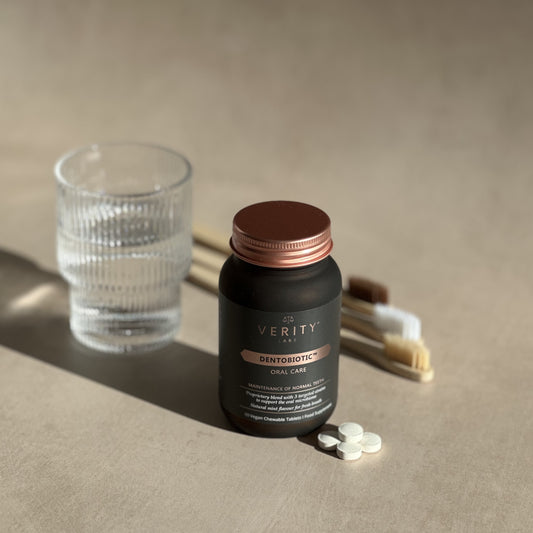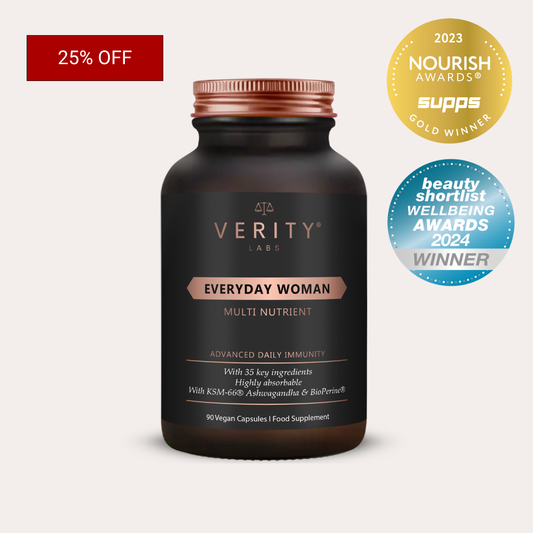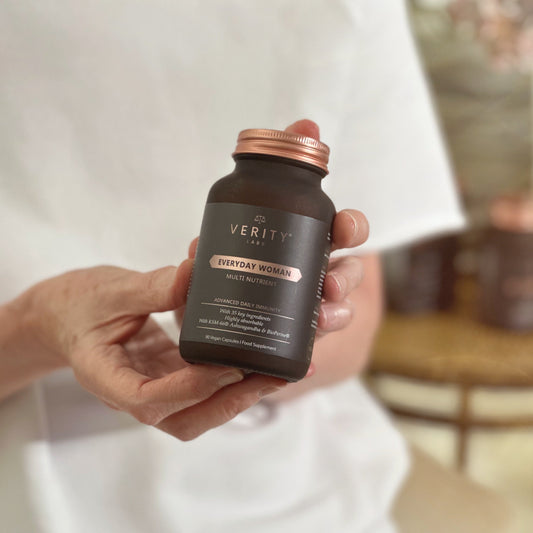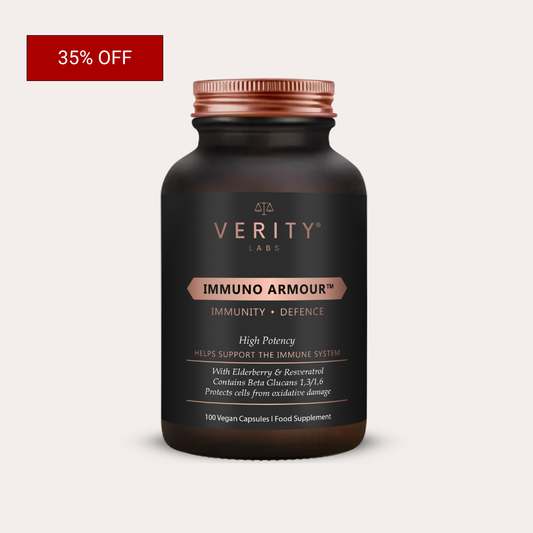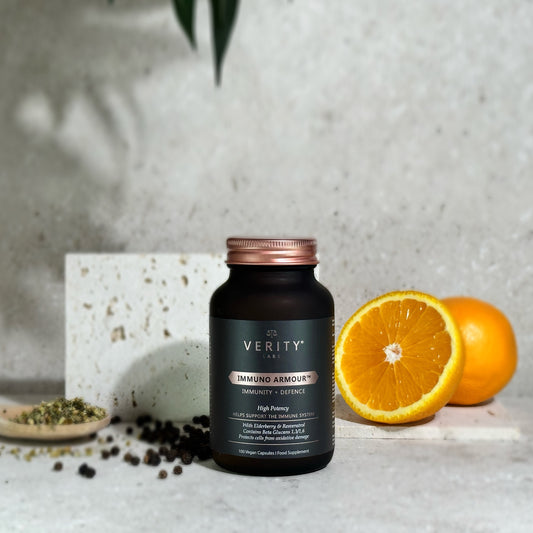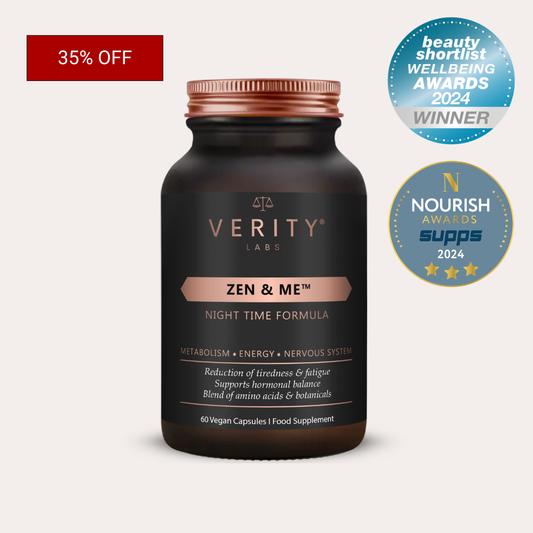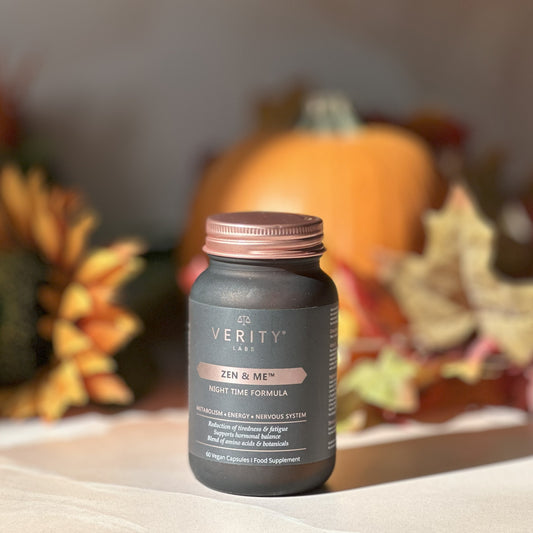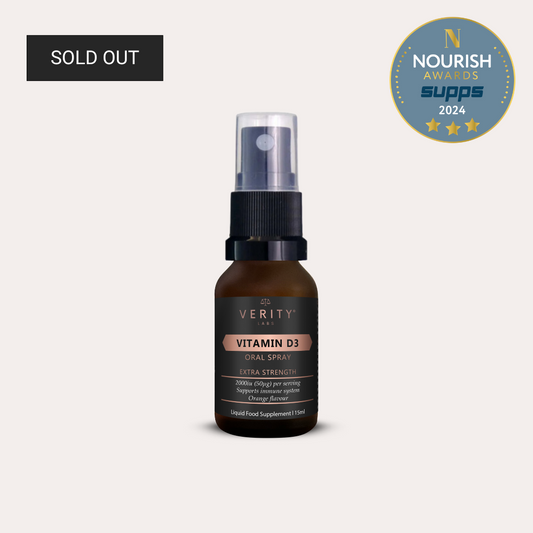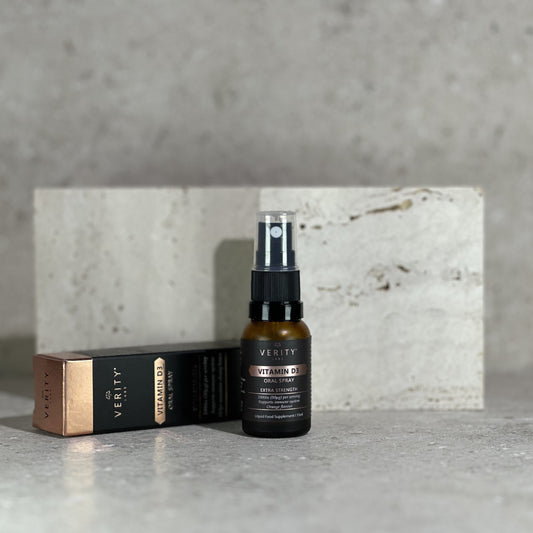Managing Small Intestinal Bacterial Overgrowth (SIBO) can feel overwhelming, but the right approach to diet and natural remedies can significantly ease symptoms like bloating, gas, and abdominal discomfort. SIBO occurs when bacteria overgrow in the small intestine, where they don't belong, disrupting digestion and causing fermentation of foods.
Adjusting your diet is a crucial step in reducing bacterial overgrowth and promoting gut health. Additionally, some natural solutions offer support to restore balance and soothe inflammation.
Diets That Work for SIBO
Not all diets are equally effective for SIBO. Here are the most commonly recommended approaches:
Low-FODMAP Diet
The Low-FODMAP diet eliminates foods that ferment quickly in the gut, starving the bacteria causing symptoms.
- Avoid: High-FODMAP foods like garlic, onions, apples, pears, legumes, and wheat.
- Include: Zucchini, spinach, berries, lactose-free dairy alternatives, and lean proteins.
This diet can help alleviate bloating, gas, and abdominal pain by reducing fermentable carbohydrate intake.
Specific Carbohydrate Diet (SCD)
The SCD removes complex carbohydrates that are harder to digest and instead focuses on easily digestible foods.
- Avoid: Grains, starchy vegetables, and processed sugars.
- Include: Eggs, meat, fish, low-starch vegetables, and nuts.
This diet is particularly helpful for people with SIBO who also have food sensitivities or inflammatory bowel conditions.
Elemental Diet
In more severe cases, an elemental diet may be necessary. This involves consuming nutrient-rich, pre-digested liquid meals, which provide nutrition without feeding the bacteria. This approach is often used as a short-term treatment and should be done under medical supervision.
Antifungal and Antibacterial Herbs for SIBO
Beyond diet, herbs with antimicrobial properties can be included in your diet that help target bacterial overgrowth.
- Oregano Oil: A potent natural antimicrobial that targets unwanted bacteria and fungi, helping to rebalance the gut microbiome.
- Thyme: Similar to oregano, thyme offers antibacterial and antifungal properties that support digestion and reduce overgrowth.
- Berberine: Found in plants like goldenseal, berberine has been shown to effectively reduce harmful bacteria while promoting a healthy gut lining.
- Slippery Elm: This herb is known for its soothing properties, protecting the gut lining from irritation caused by bacterial imbalances.
- Ginger: A natural anti-inflammatory that can help relieve nausea and support overall digestive function.
- Turmeric: With its powerful anti-inflammatory properties, turmeric helps reduce gut irritation and supports healing.
Incorporating these herbs, whether through supplements, teas, or tinctures, can complement your SIBO diet and enhance your gut-healing process.
Supporting Your Gut with Debloat & Soothe
Healing from SIBO often requires more than diet and herbs alone. This is where supplements like Debloat & Soothe can make a difference.
Formulated with natural anti-fungal, anti-bacterial and anti-inflammatory ingredients Debloat & Soothe works to:
- Relieve bloating and digestive discomfort
- Soothe inflammation in the gut lining
- Promote overall digestive balance
Adding this supplement to your routine ensures you are targeting not only symptoms but also supporting long-term gut health.
Lifestyle Tips to Boost Recovery
In addition to dietary changes, small lifestyle adjustments can greatly enhance your progress:
- Eat smaller, more frequent meals: This prevents overloading your digestive system.
- Chew thoroughly: Proper chewing reduces strain on your gut and aids digestion.
- Stay hydrated: Adequate water intake is essential for digestive health.
- Reintroduce probiotics cautiously: After bacterial overgrowth is addressed, introducing probiotics can help restore gut balance.

